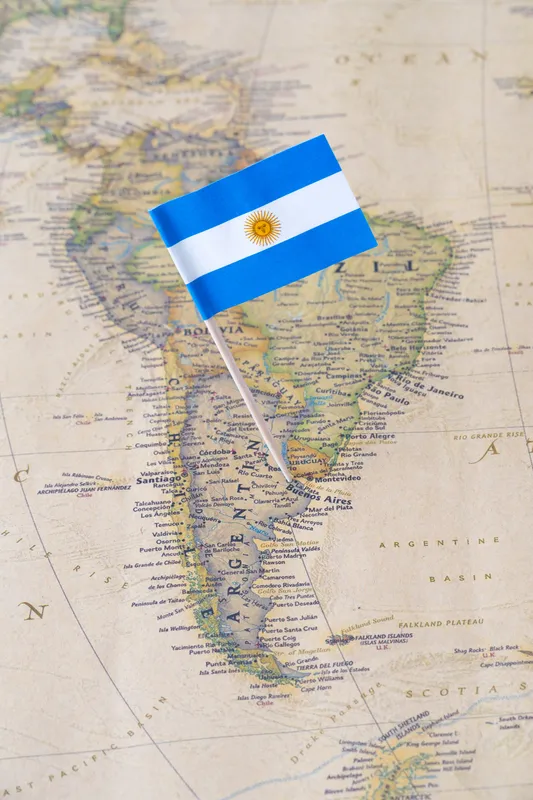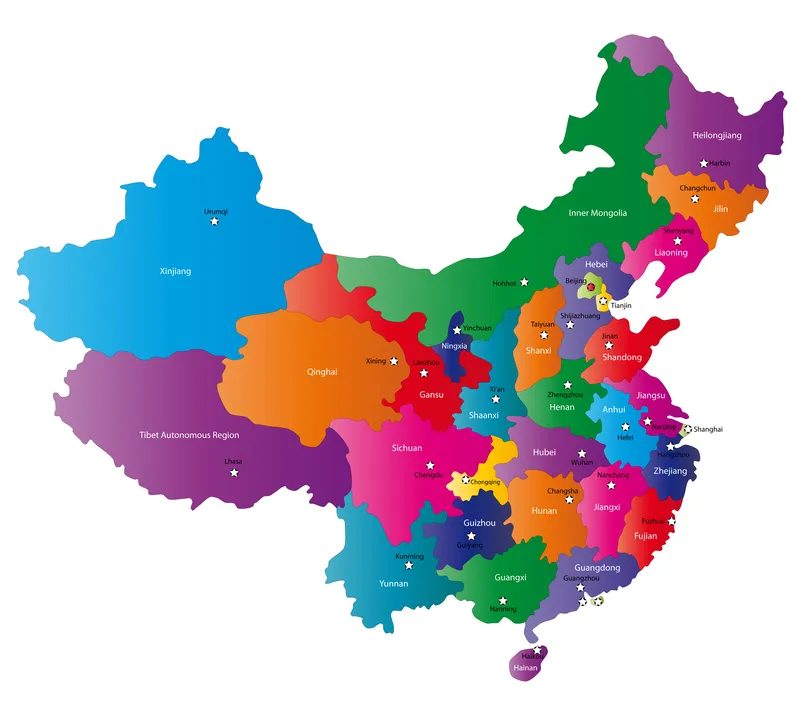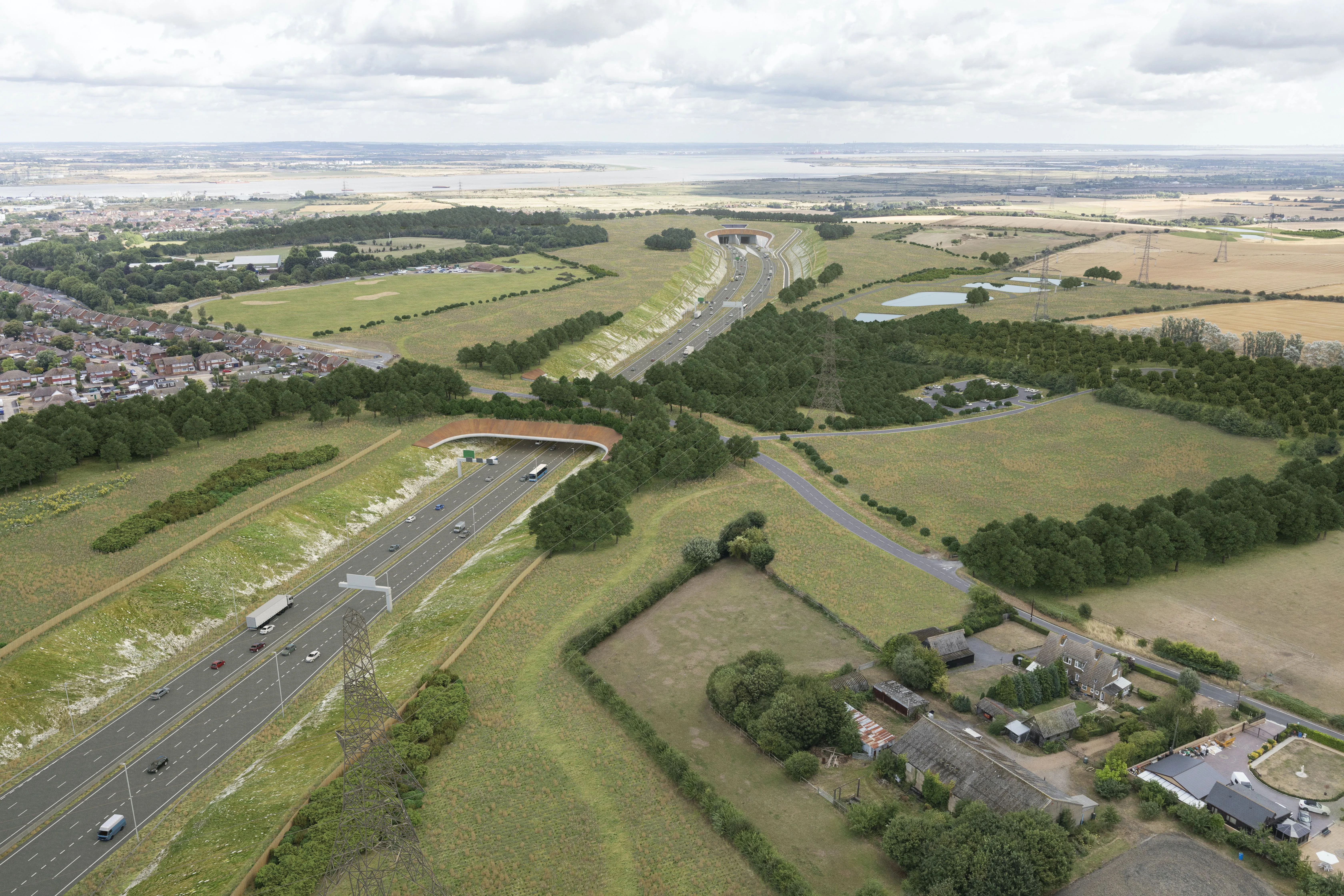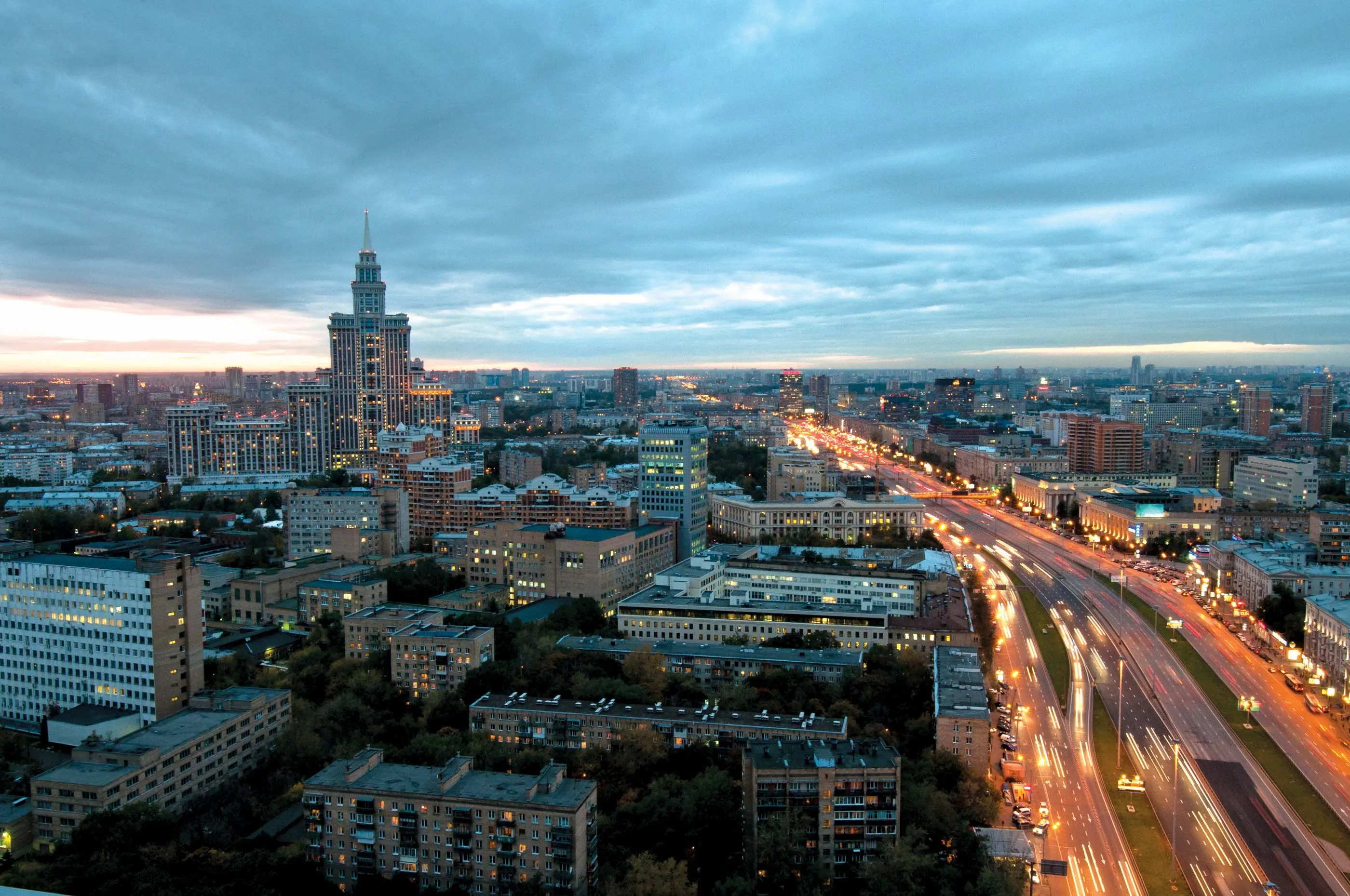Two major road projects are being planned in Argentina.
By MJ Woof
October 9, 2020
Read time: 1 min

Argentina is planning works for two major road projects. Work is already underway on these new links in Cordoba Province. In all, the work is worth close to US$185 million.
One road project is for a bypass on Ruta 158 of nearly 14km, close to Villa Maria. This also includes a new bridge spanning the Ctalamochita River. The other project is for a new highway connecting Rio Cuarto and Holmberg.
Building these new links is expected to reduce traffic congestion in the respective cities.








